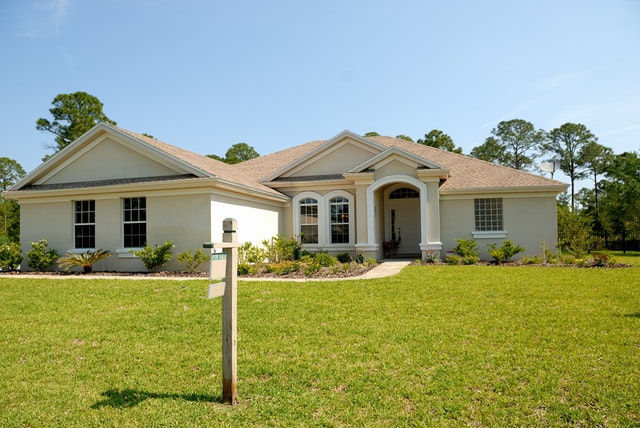How to Buy An Investment Property
 It is important for everyone to take steps to diversify their assets. While many people take this to mean holding multiple stocks, bonds, and mutual funds in the market, this also includes branching out into the real estate industry. The real estate industry is far more stable than the stock market and provides a fantastic opportunity to generate reliable returns. At the same time, there are lots of options to choose from when it comes to investment properties.
It is important for everyone to take steps to diversify their assets. While many people take this to mean holding multiple stocks, bonds, and mutual funds in the market, this also includes branching out into the real estate industry. The real estate industry is far more stable than the stock market and provides a fantastic opportunity to generate reliable returns. At the same time, there are lots of options to choose from when it comes to investment properties.
Here are a few tips everyone should keep in mind.
Buying And Renting
One option is to purchase a single-family home as a second building and then rent it out. On the other hand, it is also possible to purchase a multi-unit property and rent out each individual unit. One of the biggest factors to keep in mind is that the owner is going to be responsible for collecting deposits, checking the backgrounds of potential tenants, conducting repairs, and completing maintenance tasks.
If the property is located in a desirable area, it is possible for someone to collect enough rent to cover the cost of the mortgage and more. At the same time, it is also possible that someone might end up spending a considerable amount of time managing the property. It might be a solid idea to hire a property management company; however, this will eat away at the revenue. These are a few of the key factors to think about.
Flipping Houses
Another option real estate investors can consider is flipping houses. In this process, someone buys a home (which is often in a state of disrepair and inexpensive), repairs it, and then sells the home for a profit. It is also possible that someone might end up spending a significant amount of time and money renovating the home, which might eat away at any financial gains. Be sure to know exactly what repairs and renovations the home is going to need before buying.
A Real Estate Investment Trust
Sometimes, it might be too much for someone to buy individual properties. One possible option is called a real estate investment trust (REIT). This is a company that owns numerous big properties that generate incomes. Therefore, these trusts are often compared to mutual funds in the stock market but for real estate. Different REITs specialize in different areas, so there are lots to choose from.
If you are interested in buying a new home or refinancing your current property, be sure to consult with your trusted home mortgage professional.
 Real estate investing is not only a great way to diversify assets but can also be used to generate both income and capital appreciation. While this is a fantastic opportunity, it is also important to choose investment projects carefully. It is critical to ask the right questions before making an offer on an investment property.
Real estate investing is not only a great way to diversify assets but can also be used to generate both income and capital appreciation. While this is a fantastic opportunity, it is also important to choose investment projects carefully. It is critical to ask the right questions before making an offer on an investment property. Investing in real estate is a great way for someone to diversify his or her assets; however, there is a common hurdle that almost all real estate investors face. This comes in the form of a down payment.
Investing in real estate is a great way for someone to diversify his or her assets; however, there is a common hurdle that almost all real estate investors face. This comes in the form of a down payment.